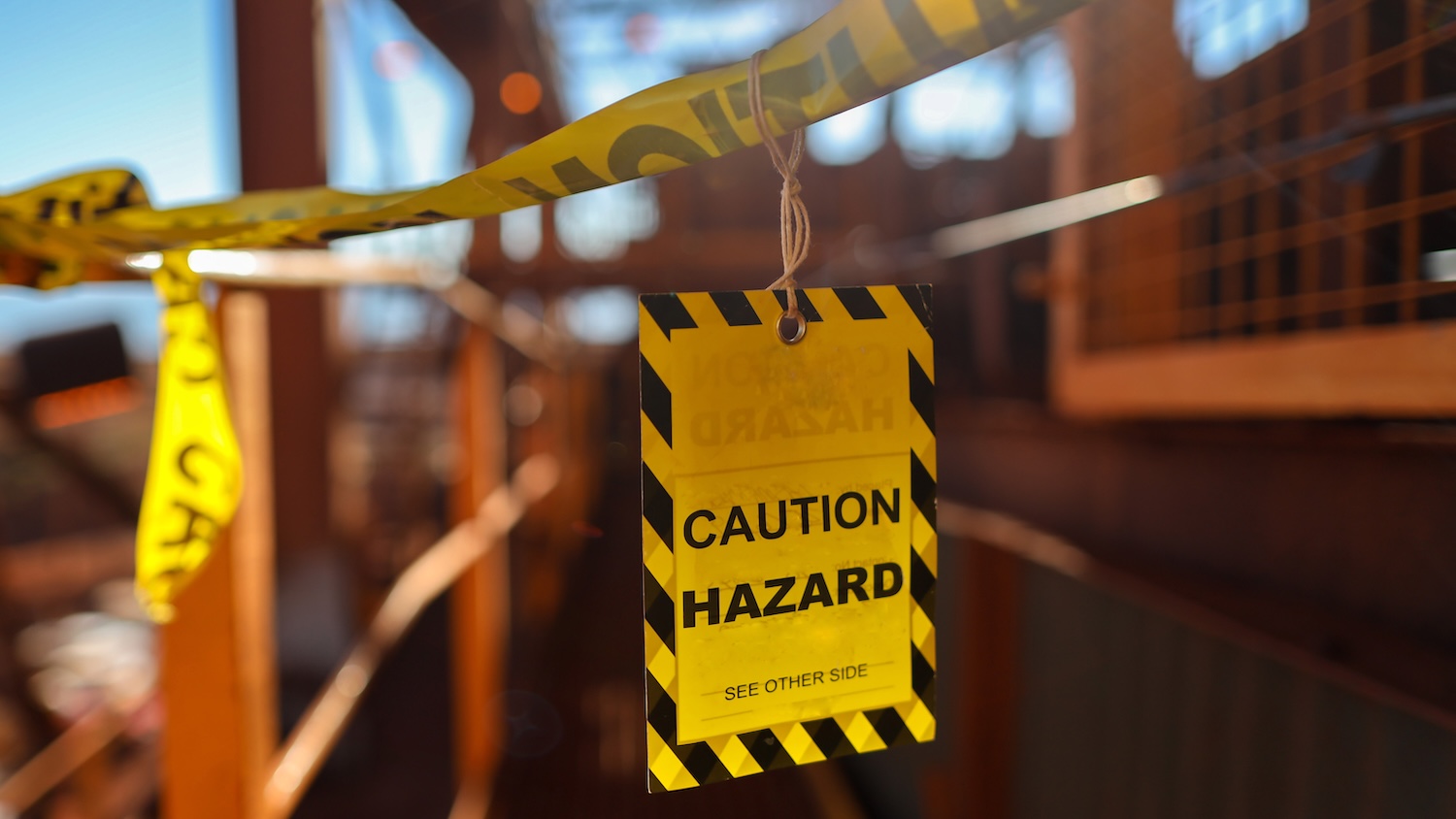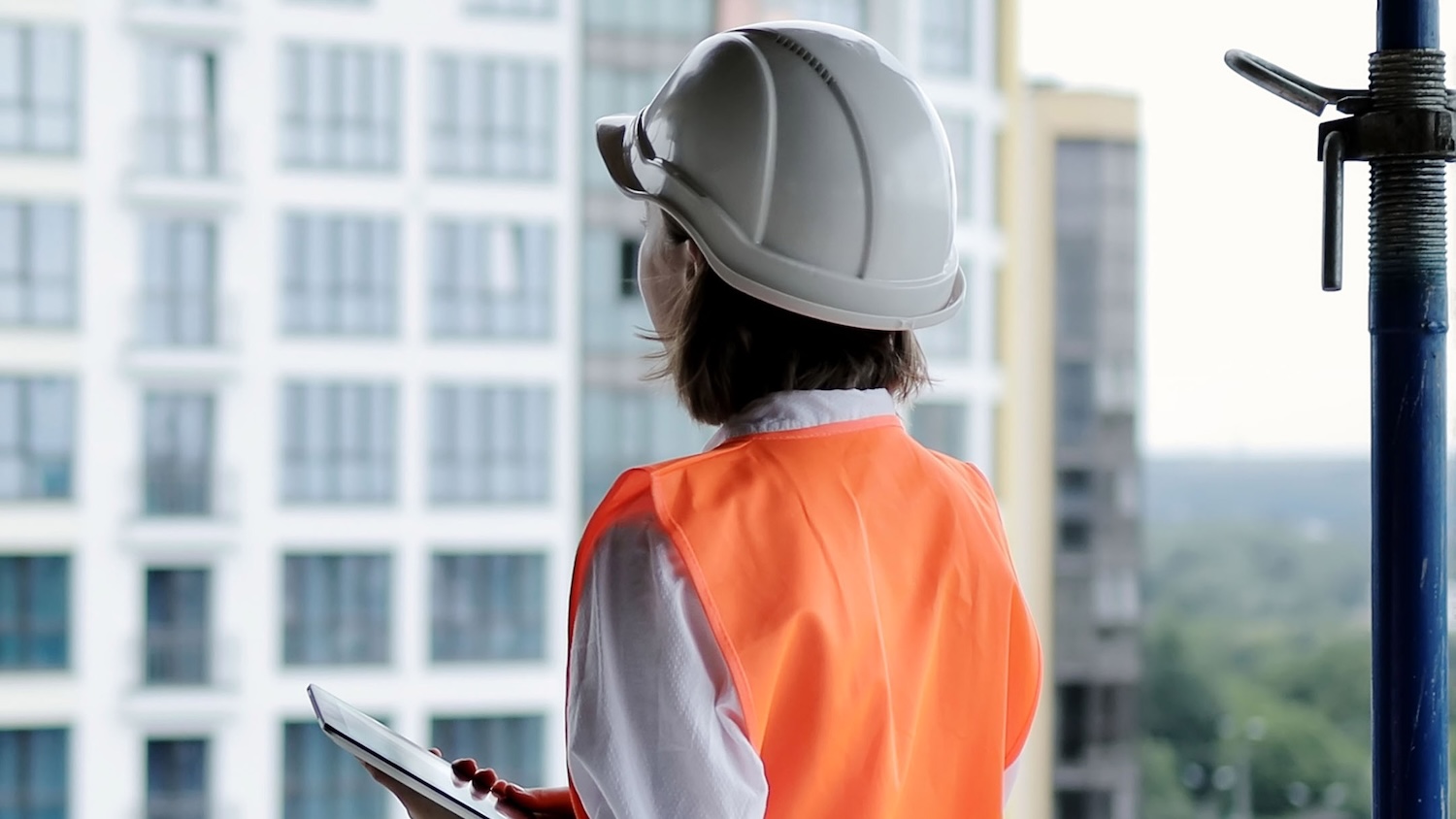
Menopause in construction: is change really needed?
On World Mental Health Day, the National Association of Women in Construction is encouraging construction organisations to bolster the workplace support offered to female employees during pivotal stages of their careers to improve mental wellbeing statistics and avoid the loss of skilled female talent from the industry
It is no secret that women remain a minority in the industry, particularly in trade-based roles – in which the Smith Institute reports that they still represent just 1% of construction workforces.
Although it is gradually narrowing, the gender disparity in construction remains far greater than in any other industry.
The success of positive efforts to buck that trend from organisations serving the industry – including the National Association of Women in Construction (NAWIC) and Women into Construction – means the increasing percentage of women employed in all forms of construction is showing little sign of slowing.
The well-known physical demands of certain construction-based roles may still deter some women (and men) from entering or maintaining careers in construction.
Avoidable challenges
However, women seeking a long career in the industry face additional (and less commonly reported) barriers to maintaining their chosen career paths, as a result of inadequate and avoidable working conditions that affect their mental wellbeing and ability to do their jobs properly.
Those barriers are often characterised by:
- Poor site facilities (without female toilets or designated sanitary bins or female hygiene spaces)
- Ill-fitting workwear (including PPE)
- Poorly designed equipment and tools (intended and marketed for use by men)
- Inadequate workplace policies
- Inflexible working practices
Such working environments are likely to be particularly problematic for women experiencing menopausal and peri-menopausal symptoms.
Despite receiving more media coverage in recent years than ever before, open discussions surrounding menopause in the workplace still bring discomfort to many.
According to a report into women in construction (produced by the Fawcett Society and sponsored by Wates Group):
- One in 10 women who worked during the menopause left a job due to
their symptoms - Eight in 10 women say their employer had not shared information,
trained staff or put in place a menopause absence policy
Adapting infrastructures
As more women (of differing ages) join the construction industry, organisational infrastructures will need to adapt to ensure they are equally as capable of supporting the wellbeing of female employees – and at all stages in their careers – as they are of males in order to ensure that the female talent being attracted to the industry is not short lived.
Known symptoms of menopause include a deterioration in mental health and difficulties with memory, sleeping and concentration – all of which are known to affect workplace performance.
Construction organisations that are actively tackling societal stigma surrounding menopause in the workplace and are providing employee-focused support for those suffering from menopausal symptoms are likely to be better equipped to:
- Mitigate the adverse effect of menopause upon their female employees’ productivity
- Retain their female employees beyond the menopause
Any organisations that continue to offer inadequate support for women suffering from symptoms of menopause not only risk an immediate decline in workplace productivity and consequential turnover, but may also influence longer term departures of skilled female workers from the construction industry.
The incentive for fostering a supportive and competent workplace environment for women at all stages of their career – not least during menopause – is therefore clear.
If proactively responded to, the introduction or development of female-centred workplace improvements that address the poor workplace conditions outlined above are capable of supporting the efforts of the industry as a whole to encourage more women – of all ages – to embark upon (and maintain) careers in construction.
Olivia Jenkins and Rashida Rajkotwalla are co-chairs and Kathryn Kelly is deputy chair of NAWIC (Midlands)
Comments
Comments are closed.







Great discussion regards menopause and as an advocate of this due to my wife going through this at an early age due to cancer and her being a corporate director really affected her well being and at the time no policy was in place at work to help her through this life changing experience. I would go one step further where the menopause becomes a protected characteristic as women are crucial to the work place and find men are so ignorant in the awareness on how to deal with it it is somewhat pushed under the carpet.
In 2016 I was pushing the role of women in construction and no doubt was frowned upon. If we really believe in equality for all, not just women then we need to be honest. Changes to the mindset of ignorant male colleagues is a slow process but let’s be real here it’s not only the way in which some look upon women. Investing in suitable tools, educational and coaching programs, time off/absence approval and such becomes a cost to the industry. Not many companies want to absorb this or some just cannot. Tier1 companies possibly,but even they admit there’s much to do just on mental health and ethnicity so woman’s menopause isn’t going to be at the top of the list. It’s wrong but realistically it’s no different to racism in construction or football or the world.
Today we have another war in Gaza, Ukraines war continues all because we humans cannot accept change and differences.
This doesn’t mean we should stop changing but in reality we tick boxes because real change and acceptance means true pure dedication. In our industry we still struggle on safety, commercial pressure and egos because we have a saying “ I’ve been doing this for 30 years so don’t tell me what to do” this verbal out bursts might be less vocal but it remains a culture and mindset, hidden but still lurking.
As a professional woman in the construction industry, I would like to know more about the symptoms or effects of menopause at construction sites or even construction related working environment i.e. office etc. I am currently in my pre-menopause stage of age so it will be good to know the real menopause impacts or scenarios that can happen at construction site or environment to prepare us women mentally and physically, who are going through the menopausal state.
Hi Ramona,
Thanks for your message. This is definitely a topic CIOB People will be exploring in more detail.
Kind regards,
Nadine